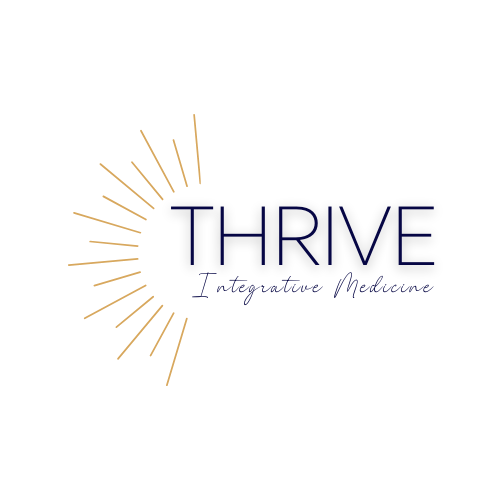Testosterone
|
Testosterone is a hormone that has many important functions in the body, including:
|
Symptoms of Low Testosterone
Testosterone levels naturally decline with aging, from alcohol use, certain medications, metabolic disorders such as obesity and many more. Low testosterone levels can cause symptoms such as fatigue like falling asleep after dinner, anxiety, depression, or irritability, low motivation, weight gain around the midsection, insomnia, and more. These symptoms can severely impact quality of life.
If your testosterone levels are too low and it's affecting your quality of life, we might consider treatments like testosterone replacement therapy (TRT) to help bring your hormone levels back into balance.
Understanding the symptoms of low testosterone and the potential benefits of replacement therapy can help you make an informed decision about your health and well-being.
If you are experiencing any of the following symptoms, low testosterone might be the culprit:
If your testosterone levels are too low and it's affecting your quality of life, we might consider treatments like testosterone replacement therapy (TRT) to help bring your hormone levels back into balance.
Understanding the symptoms of low testosterone and the potential benefits of replacement therapy can help you make an informed decision about your health and well-being.
If you are experiencing any of the following symptoms, low testosterone might be the culprit:
- Low Energy, decreased stamina, lack of motivation
- Frequent mood swings, irritability, lack of enjoyment in life
- Reduced libido, difficulty achieving or maintaining erections, and a decline in sexual performance
- Decrease in muscle mass and strength despite regular exercise
- Unexplained weight gain, particularly in the abdominal area
- Hair loss and thinning, impacting both facial and scalp hair
- Trouble sleeping or frequent sleep disturbances such as falling asleep after dinner
Testosterone Replacement Therapy
Testosterone replacement therapy (TRT) involves supplementing or replacing a person's low testosterone levels with synthetic or bioidentical testosterone.
Bioidentical vs. Synthetic
Bioidentical hormones are derived from plants to mimic the identical molecular structure of testosterone that is naturally produced in your body, whereas synthetic is a chemical compound made commercially and is similar to, but not identical to, the molecular structure of testosterone.
At Thrive, we strive to optimize the body utilizing its most natural form, therefore, we prescribe bioidentical hormones only.
At Thrive, we strive to optimize the body utilizing its most natural form, therefore, we prescribe bioidentical hormones only.
Administration
Two common methods of administering TRT are through injections and topical creams or gels:
InjectionsIntramuscular Injections: In this method, testosterone is administered directly into a muscle, typically the gluteal (buttocks) muscles or the thigh. The injection can be administered once a week.
Subcutaneous Injections: Some individuals may opt for subcutaneous injections, which involve injecting testosterone just under the skin and is generally less invasive than intramuscular injections. The frequency varies depending on the prescribed treatment plan. |
Topical Creams or GelsTopical Application: TRT creams or gels are applied directly to the skin, usually on the arms, shoulders, or abdomen. The testosterone is absorbed through the skin and into the bloodstream over time. Application may occur daily or as prescribed by a healthcare provider
|
The choice between injections and topical creams or gels often depends on individual preferences, lifestyle, and the specific requirements of the patient's TRT plan. Your healthcare provider will consider factors such as your testosterone levels, your response to treatment, and any potential side effects when determining the best method for you.
Who Can’t Take Testosterone Replacement Therapy?
Those with prior or current prostate cancer or breast cancer
Prostate nodules or indurations
Severe BPA
Unexplained elevation in PSA level
Prolactinoma
Severe untreated sleep apnea
Prostate nodules or indurations
Severe BPA
Unexplained elevation in PSA level
Prolactinoma
Severe untreated sleep apnea
Pricing
Initial Pricing ~ $500
Includes:
Monthly Pricing ~$150/month
Includes:
Includes:
- Consultation
- Blood work , collected in the office the same day as consultation
- Saliva hormone testing
- Follow up appointment to go over lab results and treatment plan
- First months medication and supplies
Monthly Pricing ~$150/month
Includes:
- Includes medication refills and supplies shipped to your home
- Repeat hormone testing 3 months after starting and after changes and then annually after optimization
- Bi-Annual appointment
- 1 monthly 20 minute visit via telehealth or telephone as needed
- Access to patient portal for communication. Can use Mon-Fri 9-4. If after 4pm, on weekends or holidays, will respond within 24-48 hours of the next business day.
- 15% off high quality supplements and IV hydration



